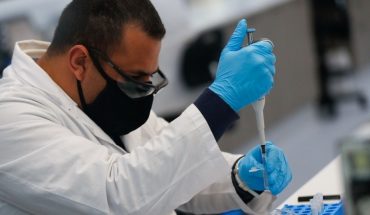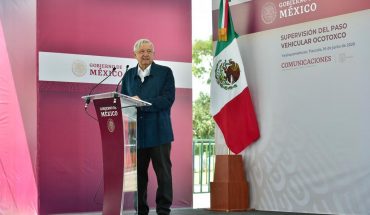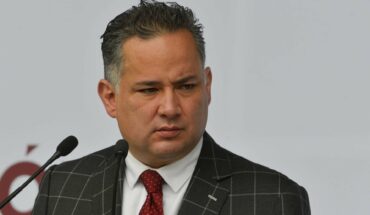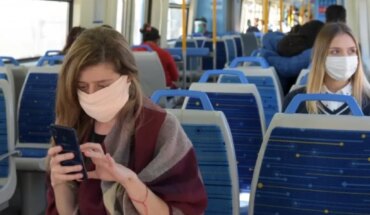The president of the International Monetary Fund (IMF), Kristalina Gueorguieva, called today at the virtual conference on the state of the European Union to remove “obstacles to the production and distribution of vaccines”, because the development of these drugs in transparency would promote rapid immunization of the population and an acceleration of economic recovery. Gueorguieva participated today in the state of the Union conference, organised by the European University Institute (EUI), an annual event usually held in Florence, but which this year has been telematics by the coronavirus pandemic, and involving European Commissioners, politicians and other experts in reflecting on the most pressing problems facing Europe today. The IMF president called the pandemic crisis a “global crisis,” from which it is essential that all countries leave at once, she said, without anyone being left behind.” We need to focus on how we can get out of the crisis everywhere and vaccination, everywhere, is the only and fastest way to end the global crisis, it’s the most effective policy,” he said. Asked about the possible abolition of vaccine patents, she noted that since the IMF they have already insisted that “removing barriers to vaccine production and distribution is essential,” because the acceleration to end the COVID-19 pandemic “could add nearly $9 trillion to global gross domestic product by 2025.” It believed that greater transparency was needed in the production processes of these vaccines because it was not currently known “how much is produced, where, what contracts there are, what the distribution timetable was.” I know that in the G20 many are betting on greater transparency to produce vaccines faster, also in developing countries,” he said. We need to remember why people are worried, the first reason is health. We are facing an extraordinary crisis,” he concluded. The conference also included the Spanish Secretary of State for Foreign Affairs and for Ibero-America and the Caribbean, Cristina Gallach, who bet on the implementation of “universal health coverage” to facilitate access to care for all and that no country, especially the most vulnerable, be left behind. Gallach stressed that the Spanish Government “takes the 2030 Agenda for Sustainable Development of the United Nations very seriously”, as demonstrated by the Law on Climate Change and Energy Transition to move towards a more “green” country. Among the most immediate challenges facing the international community, he referred to the need to adopt multidimensional poverty rates “to measure better progress and understand that no state can be left behind”, but also gender equality and immigration regulation, so that global inequalities can be safe, orderly and avoided. Spain, he noted, is ready to increase financial support to international organizations and United Nations programmes, in order to enhance international collaboration and to raise public awareness that, “also in times of difficulty” economic difficulty, it is important to “strengthen multilateralism”. At another time of the day, European Commissioner for Financial Services Mairead McGuinness defended the sanctions adopted by the European Council in March against eleven people and four entities responsible for serious human rights violations and abuses in different countries around the world. Among the violations that were sanctioned were the arbitrary mass arrests of people—and in particular Uighurs in China’s Xinjiang region—in China, repression in North Korea, extrajudicial executions and enforced disappearances in Libya, torture and repression in Russia targeting LGBTI people and political opponents in Chechnya, and torture , extrajudicial, summary or arbitrary executions and killings in South Sudan and Eritrea.McGuinness argued that the European Union plays an important role in the world in implementing sanctions to prevent conflict, war, terrorist attacks or human rights violations, but said they are “the last option”, after exhausting the path of dialogue. The European University Institute is an international organization and university dedicated to research and higher learning in social sciences and humanities.
translated from Spanish: IMF calls for removing “obstacles” in vaccine production and distribution
May 6, 2021 |





